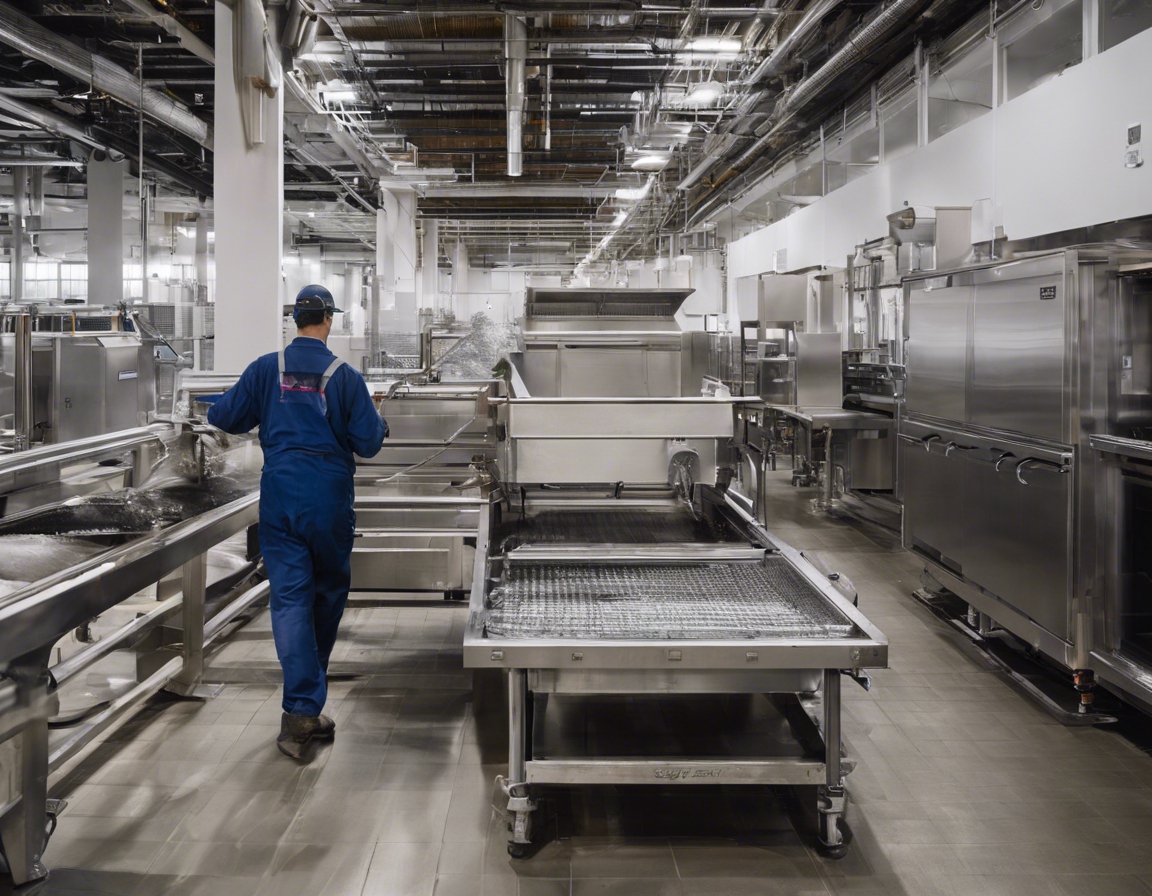5 ways subcontracting can boost your food business
Subcontracting has become a strategic approach for food businesses looking to enhance their operations, manage costs, and stay competitive. By partnering with specialized service providers, companies can focus on their core activities while outsourcing other tasks to experts in the field.
1. Scaling Operations Flexibly
Food businesses often face fluctuating demands, with peaks during holidays or specific seasons. Subcontracting allows for the rapid scaling up of production capacity to meet these demands without the need for permanent infrastructure or workforce expansion.
Introducing new products can be resource-intensive. Subcontractors can provide the necessary expertise and facilities to develop and produce new lines efficiently, enabling businesses to diversify their offerings and enter new markets.
2. Focusing on Core Competencies
By outsourcing non-core activities, food businesses can concentrate on enhancing the quality of their core products and driving innovation. This focus can lead to improved customer satisfaction and a stronger market position.
Subcontracting can simplify management processes by reducing the number of tasks that need to be overseen internally. This streamlining can lead to more efficient operations and the ability to respond more quickly to market changes.
3. Cost Savings and Financial Efficiency
Employing a full-time workforce comes with significant costs, including wages, benefits, and training. Subcontracting can convert these fixed costs into variable costs, providing financial flexibility and potential savings.
Subcontractors often have established supply chains and bulk purchasing agreements that can lead to lower material costs. Food businesses can benefit from these economies of scale without the need to negotiate and manage numerous supplier relationships.
4. Access to Specialized Expertise
Subcontractors with specific industry expertise can bring valuable insights into production processes, quality control, and market trends. This expertise can help food businesses improve their products and operations.
Investing in the latest technology can be prohibitively expensive for many food businesses. Subcontractors who specialize in production often have access to advanced technologies, allowing their clients to benefit from these tools without the upfront investment.
5. Risk Mitigation and Compliance
The food industry is heavily regulated, and keeping up with the latest standards can be challenging. Subcontractors can help ensure compliance with food safety regulations, reducing the risk of costly violations.
Working with subcontractors can also help distribute the risks associated with product recalls, safety incidents, and other liabilities. This shared responsibility can provide peace of mind and protect the business's reputation.






Comments (0)